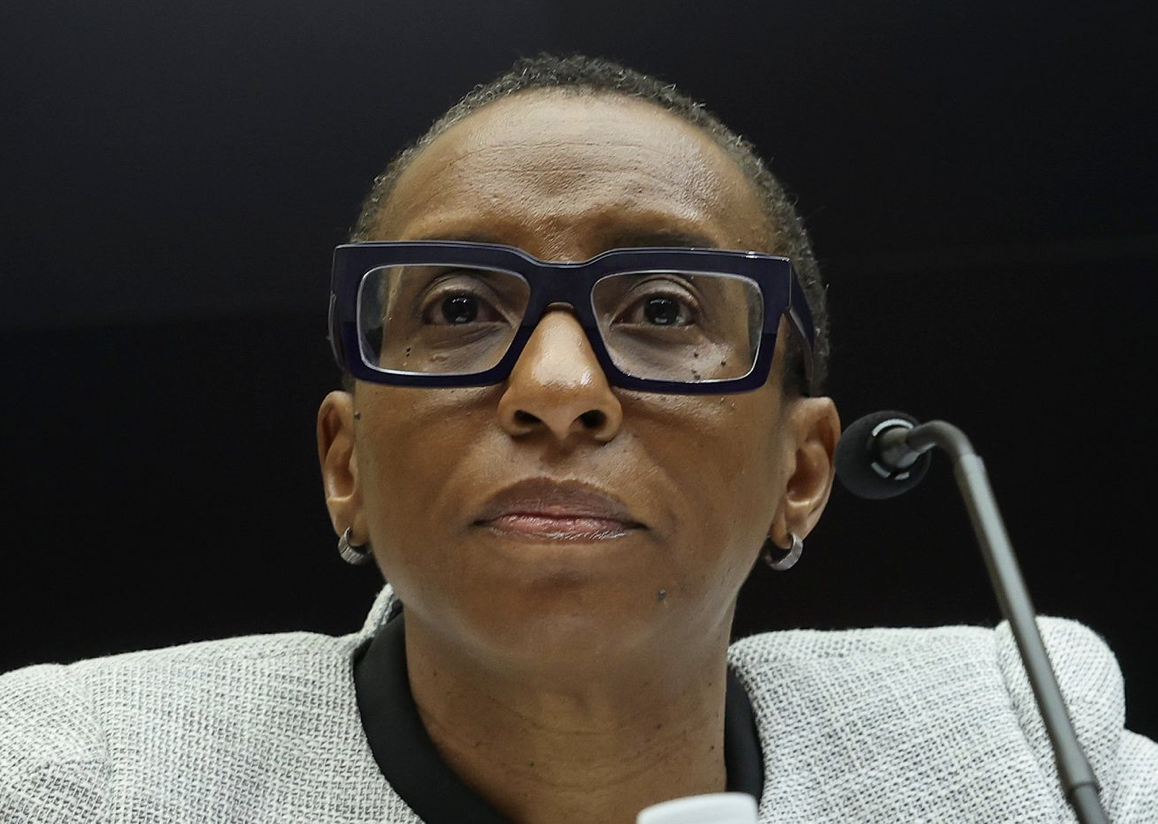The left has spent decades consolidating power across the institutions of American academic life. The crowning achievement of that effort was the diversity, equity and inclusion bureaucracy—constructed to perpetuate progressive dominance of higher education by keeping conservatives out of the professoriate. Claudine Gay was in some respects the apotheosis of this process. Last year, Ms. Gay, an African-American political scientist with a thin publishing history, became Harvard University’s 30th president. On Monday, following a sequence of scandals involving antisemitism and plagiarism, she resigned.
What changed? First, public support for DEI has cratered. Following the outpouring of sympathy on elite campuses for Hamas’s war of “decolonization” against Israel, many Americans—including many center-left liberals—became aware of the ideological rot within academic institutions. They began to question the sweet-sounding euphemisms of DEI and examine what they mean in practice.
Second, the political right has learned how to fight more effectively. As one of the journalists who first exposed the similarities between Ms. Gay’s published work and that of other scholars, I watched the political dynamics develop from the inside. The key, I learned, is that any activist campaign has three points of leverage: reputational, financial and political. For some institutions, one point of leverage is enough, but, for a powerful one such as Harvard, the “squeeze” must work across multiple angles.
This is precisely what happened. Journalists—including the independent reporter Christopher Brunet and the Washington Free Beacon’s Aaron Sibarium—applied reputational pressure, exposing Ms. Gay’s alleged plagiarism and Harvard’s scandalous effort to cover it up. Donors, led by hedge-fund manager Bill Ackman, applied financial pressure, withholding a billion dollars in contributions. And Congress, under the leadership of Rep. Elise Stefanik (R., N.Y.), applied political pressure, exposing Ms. Gay’s equivocations on antisemitism and threatening consequences for inaction.
Throughout the campaign, I adopted the unorthodox approach of narrating the strategy in real time, explaining how conservatives could shape the media narrative and apply pressure to Harvard. Critics condemned me as a propagandist and bad-faith actor. Some of my allies also questioned the wisdom of telegraphing the campaign’s next moves. But there was a method to my madness. Conservatives face enormous disadvantages in public discourse—most significant, the progressive left’s near-monopoly on prestige media. By raising these dynamics to the surface, we can begin to challenge and subvert them.
It worked. After ignoring the story for more than a week, the center-left publications began to corroborate allegations of Ms. Gay’s plagiarism and raise questions about her leadership.
, the Washington Post, and the Atlantic all published op-eds calling for Ms. Gay to resign. The truth finally broke through: Ms. Gay was a scholar of not much distinction who climbed the ladder of diversity politics, built a DEI empire as a Harvard dean, and catered to the worst instincts of left-wing ideologues on campus.
The nation’s leading university had subordinated veritas to politics, compromising its mission. The only choice was to force Ms. Gay to step down.
While her resignation is a victory, it is only the beginning. If America is to reform its academic institutions, the symbolic fight over Harvard’s presidency must evolve into a deeper institutional fight. The Italian theorist Antonio Gramsci called this approach the “war of position,” a grueling form of trench warfare in which each concept, structure and institution must be challenged to change the culture.
There is a way forward. Conservatives have demonstrated an increasing sophistication in their successful campaigns against national brands such as
, Target, Bud Light and now Harvard. Legislators in Florida, Texas and other states have recently passed laws abolishing DEI in their state universities. Professors across the political spectrum are working on efforts to depoliticize academic administration, rebalance faculty politics, and restore truth as the guiding principle of American universities, including at Harvard.
There is another reason I have adopted the practice of openly narrating the inner workings of these campaigns: to teach and to embolden others. Niccolò Machiavelli wrote “The Prince” not for those who already knew how power worked, but for those who needed to know but didn’t yet understand. If there is any hope of stopping America’s cultural revolution, it must begin with a clear-eyed understanding of how to wield power and reshape institutions in the real world. Fantasy is no substitute for victory.
The successful campaign to topple Harvard’s president is about much more than Claudine Gay. It is about the great conflict between truth and ideology, colorblindness and discrimination, good governance and failed leadership—a conflict that, if we are to preserve America’s core principles, conservatives must win.
To see this article in its entirety and to subscribe to others like it, please choose to read more.
Source: How We Squeezed Harvard to Push Claudine Gay Out – WSJ
 Listen Online
Listen Online Watch Online
Watch Online Find a Station in Your Area
Find a Station in Your Area








 Listen Now
Listen Now Watch Online
Watch Online
